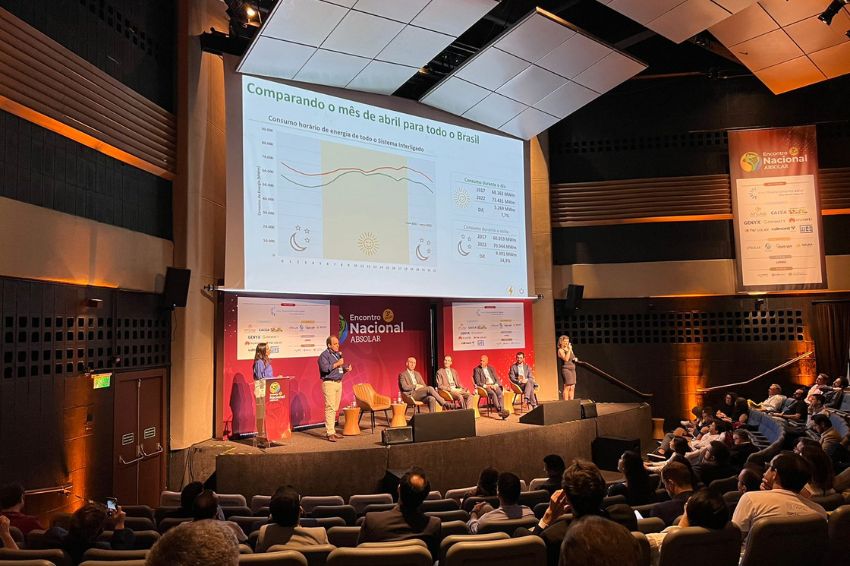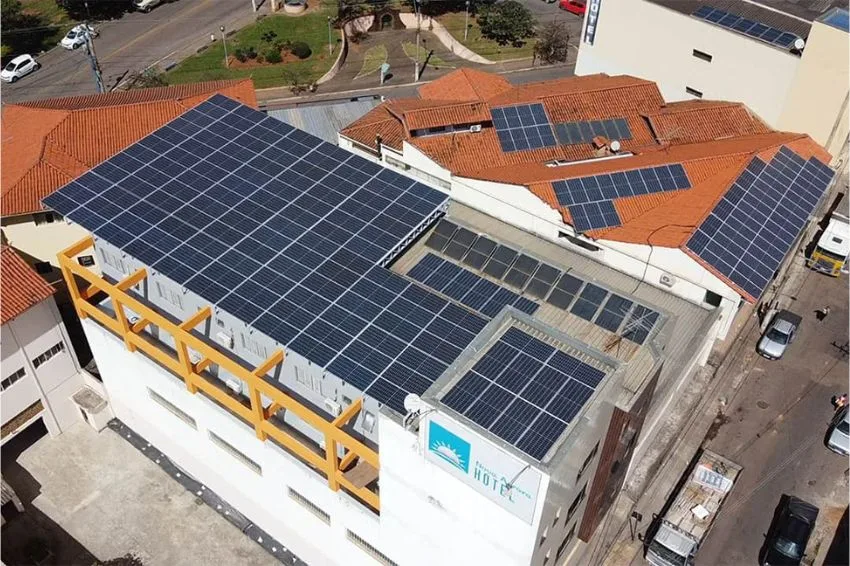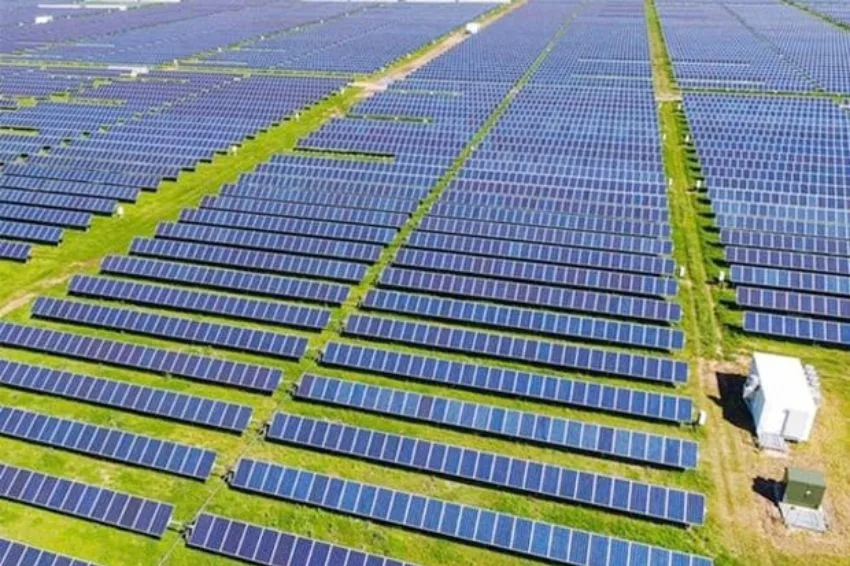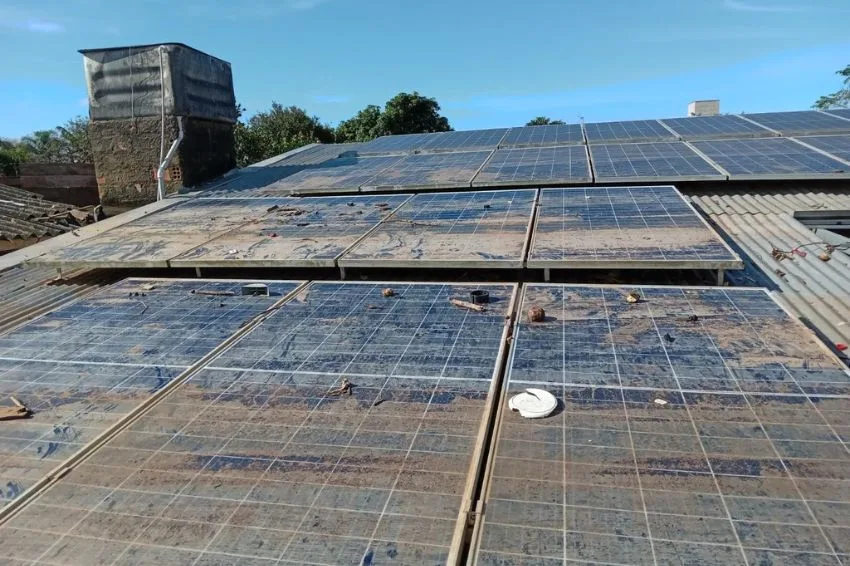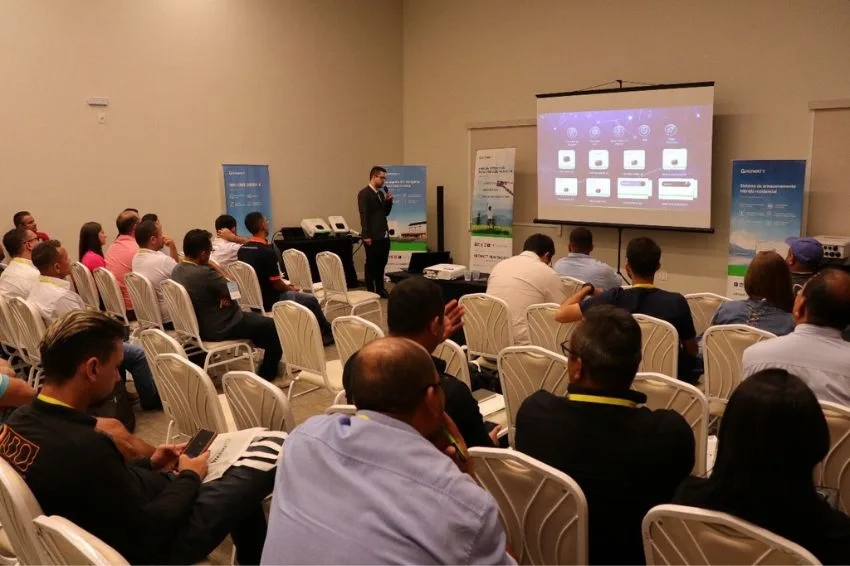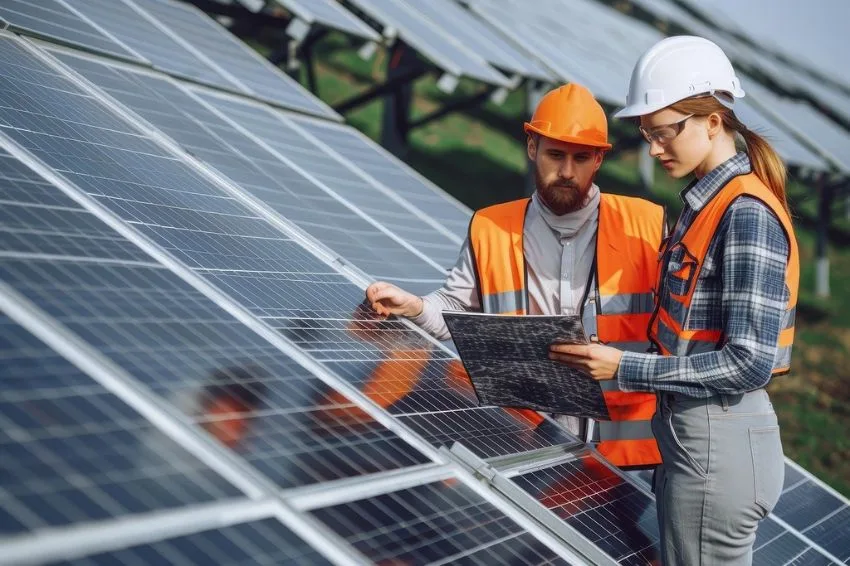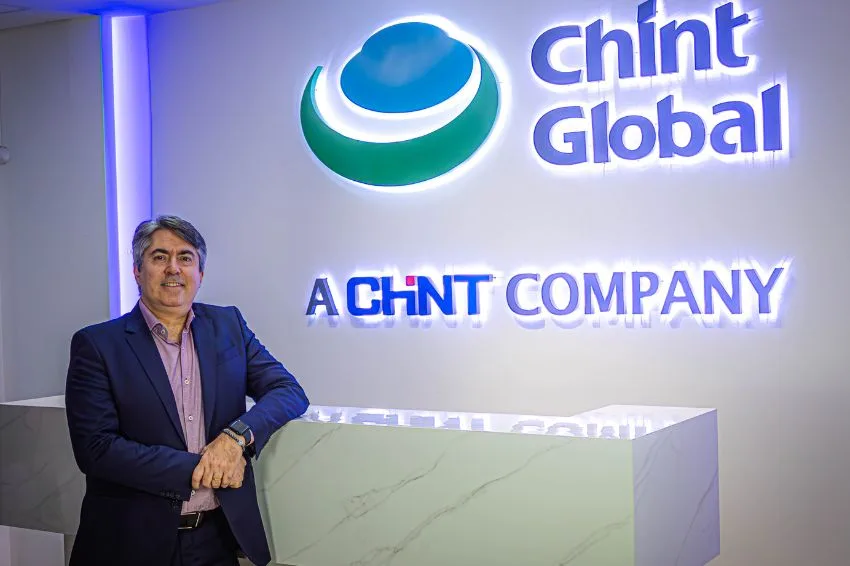If ANEEL (National Electric Energy Agency) establishes calculations for the valuation of benefits considering the positive impact of DG (distributed generation), consumers who generate their own energy would only pay the TUSD Fio B component.
The assessment is by Rodrigo Sauaia, president of ABSOLAR (Brazilian Association of Photovoltaic Solar Energy), based on the study “Costs and Benefits of Distributed Generation”, carried out by Volt Robotics.
“This study provides a comprehensive account of the benefits and costs of distributed generation. We noticed an important net result, positive for Brazilian society and which would be equivalent, making a simplification here, to the old alternative 1 of the 2019 ANEEL public consultation.
The executive highlighted that the study brought well-structured, robust results and a transparent methodology based on official data.
“Just explaining what this means: for each kilowatt hour of energy injected into the grid, the consumer would be able to compensate for all tariff components except the TUSD Fio B, which they would pay as a form of remuneration for the use of the electrical infrastructure”, he explained.
“So, we can say very calmly that, in our view, this would be a balanced, correct, appropriate, complete result for the analysis of costs and benefits that ANEEL has to carry out based on the CNPE guidelines that have not yet been published and are more than a year late”, he assessed.
The study
The analysis carried out by Volt Robotic was presented during the ABSOLAR National Meeting, held this week in São Paulo (SP). The studies were based on the international experience of renowned institutions, such as the IEA (International Energy Agency), DOE (Department of Energy) and NREL (National Renewable Energy Laboratory).
According to Volt, the work is the result of a technical effort to develop a transparent methodology, based on public data, to value the costs and benefits of DG.
The study also aims to support the application of Law 14,300, which established that the CNPE (National Energy Policy Council) must establish guidelines for valuing the costs and benefits of distributed micro and mini generation.
The analysis highlights that without distributed generation the cost of the drought crisis, which affected thousands of Brazilians in 2021, would be 48.6% higher. The study also pointed out that without micro and minigeneration, the consumer is more exposed to the risk of increased fuel prices and electrical losses are greater.
Click here and download the complete study.


